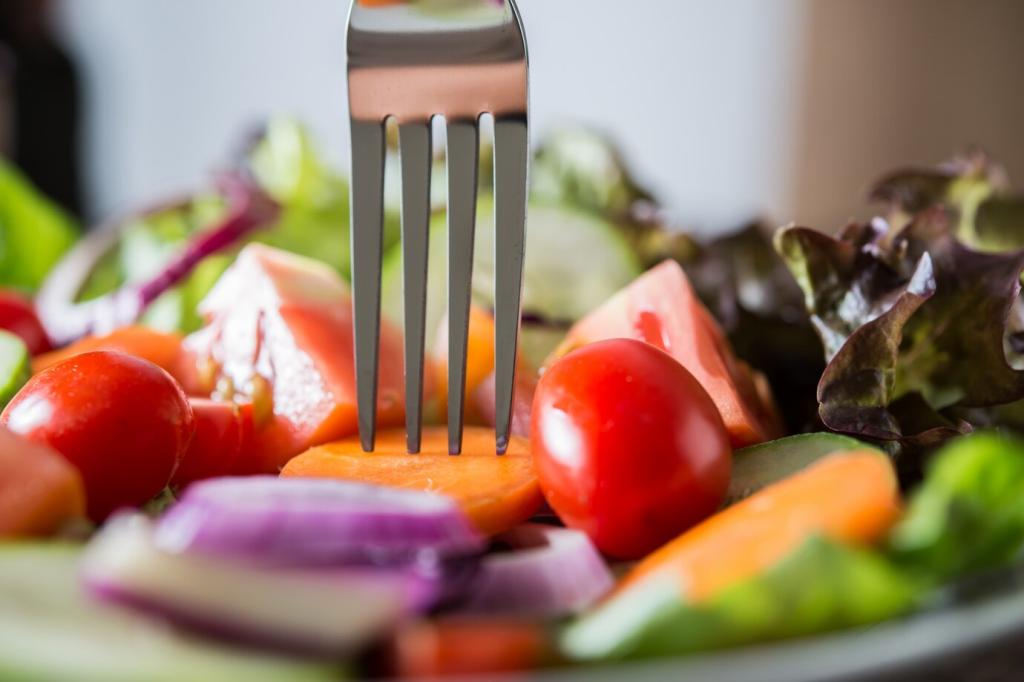Hydration, Electrolytes, and Fluid Balance
Weigh yourself before and after a session, track fluids, and calculate hourly loss to guide intake. One cyclist discovered nearly one liter per hour and eliminated late-ride cramps. What did your last hot-weather session teach you?
Hydration, Electrolytes, and Fluid Balance
Sodium replaces salty losses and helps retain fluid; potassium, magnesium, and calcium support nerve signals and muscle contraction. Flavor sweat equals higher salt needs. Share how you adjust electrolytes between cool mornings and scorching afternoons.



